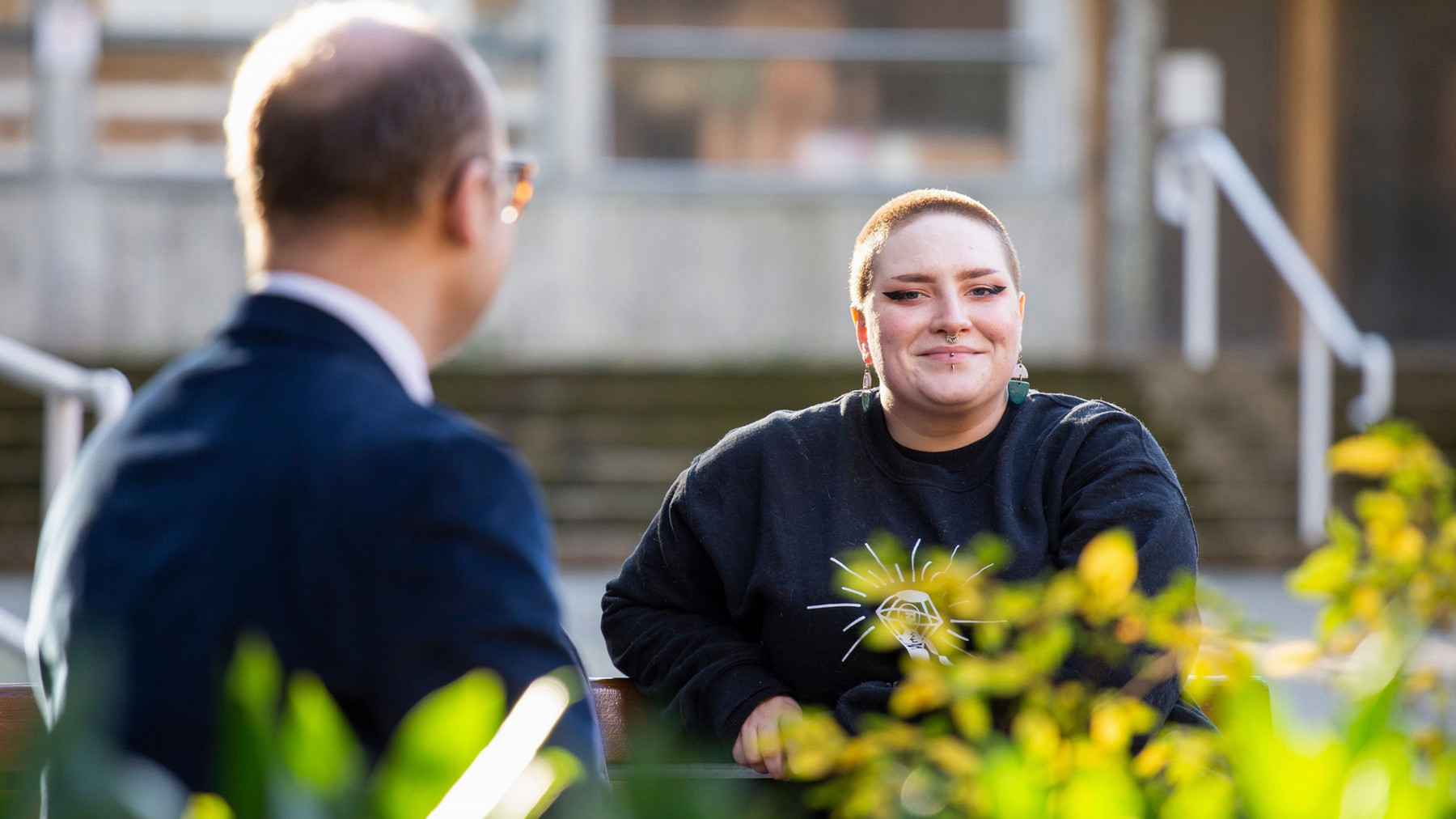
Research
At the School of Child and Youth Care, our research tackles the real-world challenges faced by young people and the communities that support them. We focus on social justice, equity, and systems that impact children, youth, and families. From frontline practices to policy change, our work drives meaningful impact.
Faculty research
Our faculty lead research that addresses urgent issues affecting young people’s lives today. Grounded in lived experience and community collaboration, this work pushes systems to be more just, inclusive, and responsive. Explore current projects shaping practice, policy, and possibilities for a better future.
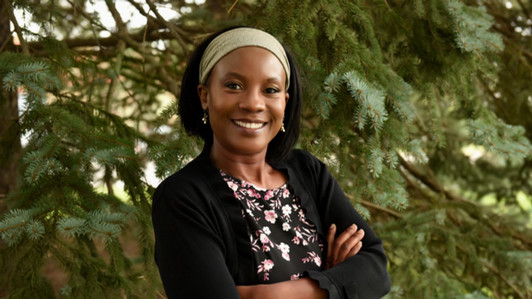
Child and Youth Empowerment Research
Dr. Doris Kakuru is a social scientist renowned for child and youth empowerment, childhood studies, critical race theories, and decoloniality. Her research examines the dynamics that shape children's lives and aims to amplify the voices of young people.
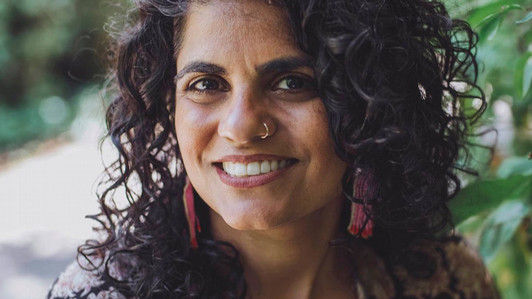
Systemic Racism, Immigration & Child Welfare
Dr. Mandeep Kaur Mucina is a co-principle investigator on this collaborative research project, which aims to understand how immigration policies, in concert with systemic racism, shape child welfare policies and practices with children, youth and families.
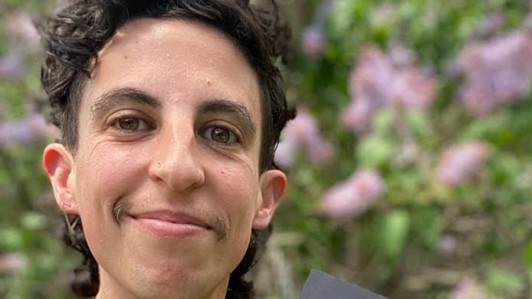
Trans joy in education spaces
LJ Slovin is an interdisciplinary scholar whose work spans physical and sexual health education, queer and trans theory, popular culture and disability justice. Their research focuses on queer and trans youth and the labour they perform to exist and thrive in schools.
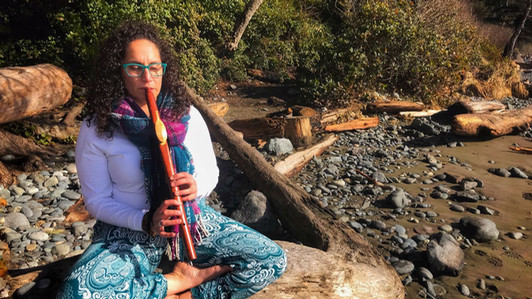
Migration, Movement, and Meaning-Making
Shemine is a researcher and practitioner whose work explores the intersections of therapeutic recreation, migration, and embodied belonging. Her research explores the ways Muslim immigrants navigate identity, displacement and joy through movement and play.
Graduate student research
Graduate students in our MA and PhD programs are tackling some of today’s most pressing social issues. Their research explores the real-world challenges children, youth, families, and communities face, such as mental health, equity, belonging and care. Each thesis, project, and dissertation adds new knowledge that not only advances the field but also shapes better policies, practices, and supports in society.
GS505: Research course
GS505: Research & Evaluation in Children, Youth, and Family Services Policies is an interdisciplinary course that is open to all graduate students at UVic, including those within the School of Child & Youth Care. The course provides supervised opportunities for graduate students to work on applied research projects identified by and in collaboration with sponsors in the provincial Ministry of Children & Family Development (MCFD).
Research centres
The centre maintains various agreements with other collaborating centres and researchers both locally and internationally. While maintaining an arms-length relationship with government, the centre works closely with multiple government departments, including health, child and family services, justice, education, public safety and liquor licensing to ensure the best available evidence is considered in policy-making processes.
The centre also collaborates with service providers and other stakeholders to support effective system planning and service delivery. Dr. Gordon Barnes and Dr. Doug Magnuson are researchers associated with this centre.
The Siem Smun'eem: Indigenous Child Well-being Research Network is a research network based at UVic. School of Child & Youth Care faculty members Shanne McCaffrey (steering committee) and Sandrina Carere (research adviser and executive committee) are active members of the network.
The ICWRN is a provincial association of researchers, service providers, community members and policy makers with an interest in using Indigenous research in the transformation of child and family services.
Rooted in a vision for healing and the inclusion of diverse voices, network initiatives seek to reclaim Indigenous ways of knowing and doing and reposition them at the core of child and family wellness initiatives. The network provides a space for critical dialogue about Indigenous research, as well as opportunities for research-related training, knowledge transmission and resource sharing.
